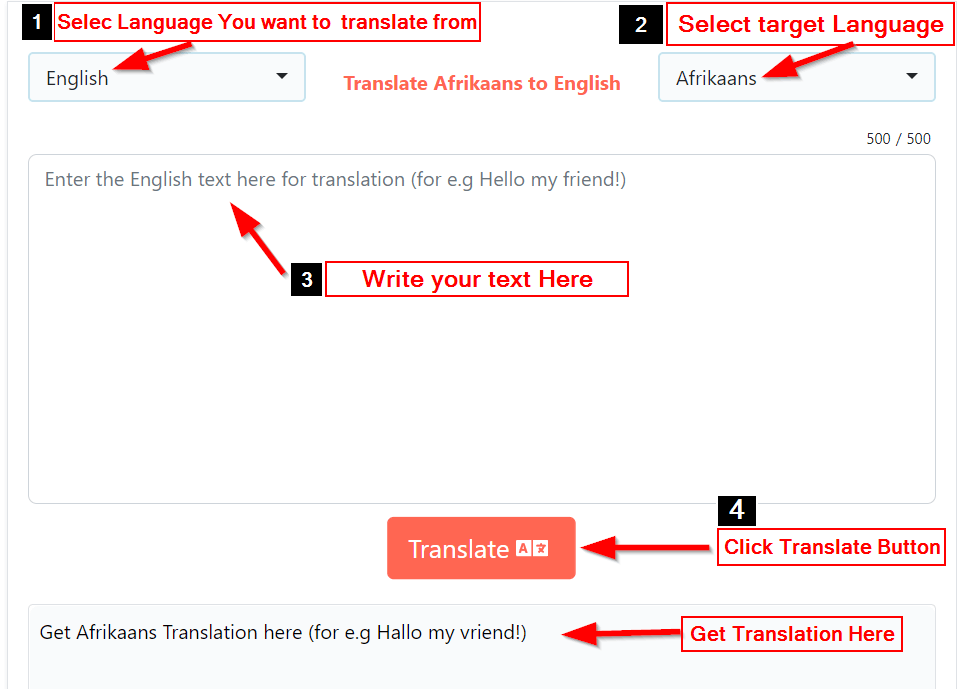About Bengali Language
According to Wikipedia.org, Bengali is a popular Indo-Aryan language. The native speakers of this language are from the Bengal region in South Asia. It is also popularly known as Bangla and is the official language of Bangladesh. You will be surprised to know that is widely spoken in 22 scheduled languages of India. The total number of native speakers is 250 million. If we talk about the writing system it is Bengali and Bengali Braille. There are two different standard styles in Bengali known as Sadhubhasa (elegant or genteel speech) and the Chaltibhasa (current or colloquial speech). It is now used for both business and personal communications. If we talk about the simple Bengali sentence is follows a subject-object-verb word order. When it is present the negative particle will come at the ending of a sentence. You need to recognize six different cases and three verb tenses.
About Esperanto Language
According to Wikipedia.org, Esperanto is the world's most widely spoken international language. It is created by Polish ophthalmologist L. L. Zamenhof in 1887. The language was created to be used as the universal second language for international communication. Esperanto is spoken in Europe, East Asia, and South America. As a constructed language, Esperanto holds a middle ground between "naturalistic" constructed languages. Esperanto's vocabulary, syntax, and semantics are inspired by the Standard Average European languages. The vocabulary derives from Romance languages and is similar to many Germanic languages. The most notable features of the language are the prefixes and suffixes. The language is easy to adapt roots and can generate words, to make it possible to communicate effectively with a little set of words. Esperanto is the most successful international and has a large population of native speakers.
